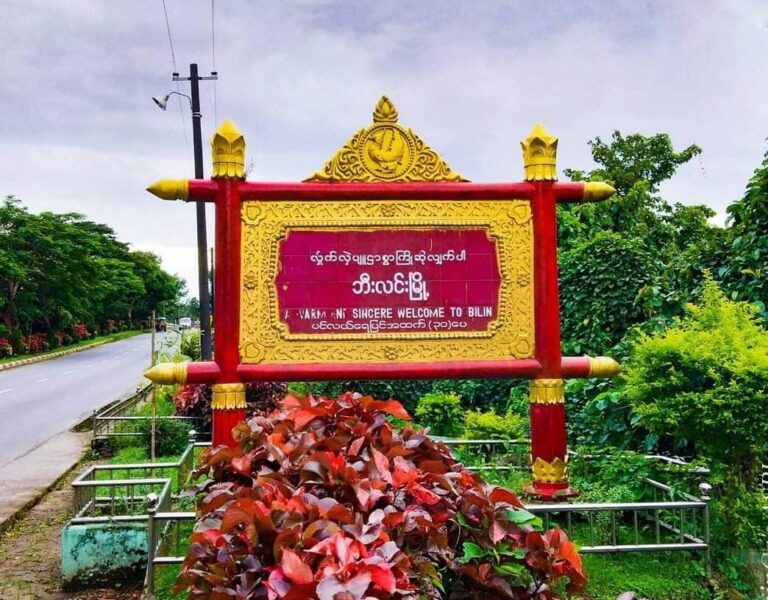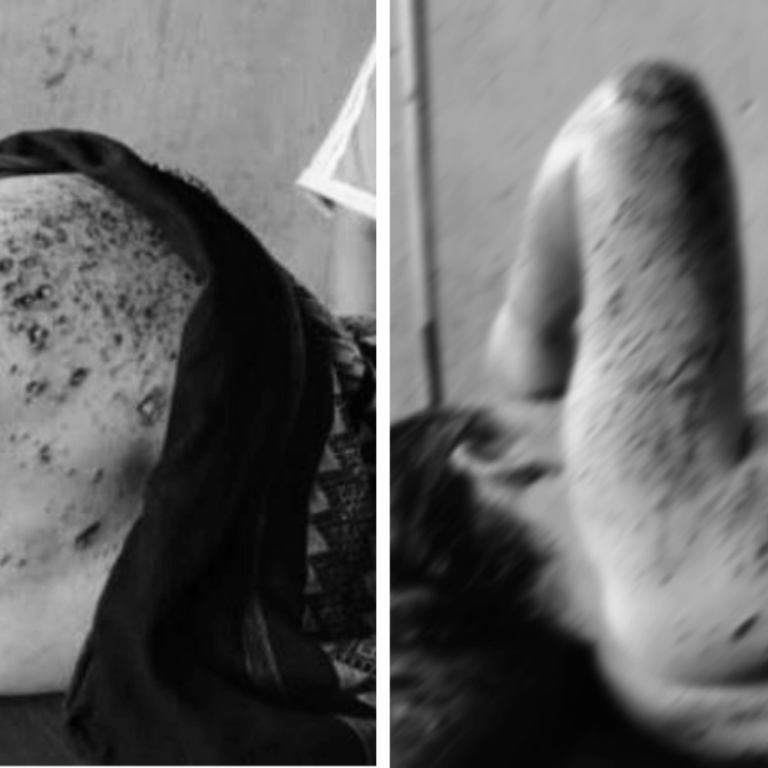A generation lost to drug use
The New Mon State Party has put up signs in front of and around villages in Mon state, urging residents to come together to prevent drug use. However, stronger action than this is needed to curb sharply increasing drug use in Mon areas.
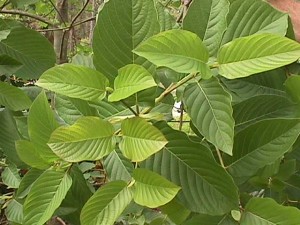 A village administrator in Ye Township, Mon State, claimed: “I think 80% of young people use some kind of drugs”. This high figure surprised me, indicating a higher level of drug use amongst our youth than I expected. Whilst Mon authorities accept that a high number of young people across Mon State are using drugs, they do not know how to solve this problem and how to protect young people from drugs.
A village administrator in Ye Township, Mon State, claimed: “I think 80% of young people use some kind of drugs”. This high figure surprised me, indicating a higher level of drug use amongst our youth than I expected. Whilst Mon authorities accept that a high number of young people across Mon State are using drugs, they do not know how to solve this problem and how to protect young people from drugs.
However, according to village administration this serious drug crisis is not their responsibility, but the government’s. If the Burmese government does not take action, they ask, how can other people deal with this problem?
Regardless, this is a problem that desperately needs confronting. Heavy drug use is not confined to Ye township, but also afflicts Mudon and Thanbyuzayat Township, and even some Mon areas in Karen State.
Young people in numerous Mon villages are becoming the victims of the authorities’ hesitancy to take decisive action on the drugs issue, as they fall into a habit of using drugs that are in plentiful supply and freely available. They start to skip school, sleep in the streets and become unruly in their villages.
This behavior goes unchecked, with parents and village administration too afraid of these young people to reprimand them. According to New Mon State Party District level administration, parents of drug users often implore them to arrest and detain their children. However, even if this were the solution, restrictions on funds and holding space make it difficult for them to hold drug users in detention for a long stretch of time.
A culture of drug use?
In addition to its detrimental effect on youth, this heavy drug use has begun to infiltrate Mon traditions and culture. More so now than ever (due to increasing village populations), parties are a regular part of Mon village life, from wedding celebrations to festivals. According to Mon tradition, when someone holds a party friends from the village come to help with preparations. In return, the house owner provides them with refreshments. Customarily, friends assisting with party preparations would be given tea, or in more recent time alcohol and M-150 (a Thai energy drink).
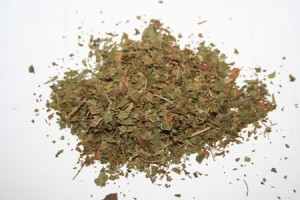 However, a growing drugs problem has meant changing customs. A new tradition has been created of distributing drugs to friends as they help to prepare for a party, particularly Ya Ba (a tablet containing a mixture of methamphetamine and caffeine) and “Kratom Leaf” (referred to here under its Mon name, this drug is called “Bai Kratom” in Thailand).
However, a growing drugs problem has meant changing customs. A new tradition has been created of distributing drugs to friends as they help to prepare for a party, particularly Ya Ba (a tablet containing a mixture of methamphetamine and caffeine) and “Kratom Leaf” (referred to here under its Mon name, this drug is called “Bai Kratom” in Thailand).
One individual with an active involvement in national affairs confirmed this new custom:
“Nowadays when we go to a party, instead of providing us with tea the house owner gives us Ya Ba. Some houses provide Opium Leaf.”
Both Ya Ba and Opium Leaf were first used in Thailand before they became popular in Mon State. With Mon people working on Thai rubber plantations all night long, Ya Ba and Kratom Leaf are frequently used by laborers to boost their energy; a trend of drug use which has now spread to most areas in Mon State.
However, in Thailand, if drug users and manufacturers are caught they face heavy punishment from the authorities. Someone who can be shown to have traded 10,000 drug tablets will receive capital punishment. Kratom Leaf plants are regularly destroyed by the authorities. But in Mon State the situation is very different. People who use drugs are not punished, and so these drugs can be more freely obtained and distributed. It should really be no surprise that, when looking for something to give to friends as they help to prepare for a party, Mon people have moved on from alcohol and M-150 to Ya Ba and Opium Leaf.
We are worried that this is just the beginning, and that one day drugs will seep into all of our customs, creating a new culture of drug use. Which raises the question: is this a culture that the Mon people want?
Who is going to put the bell on the cat?
The predominant issue preventing a decline in drug use is that no one is taking decisive action against this growing problem.
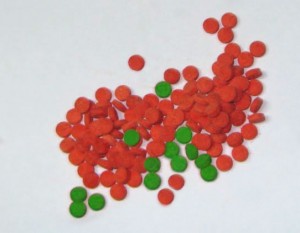 There is an old didactic story that tells of a group of mice, who are afraid of a cat living in their house and discussing what course of action they should take. One mouse asks: “The cat eats a mouse every day. What should we do? After a while another mouse suggests that they put a bell on the cat, so that they will always know when he is coming. The mice consider this for a while, before one of them asks: “Who is going to put the bell on the cat? His question is met with silence.
There is an old didactic story that tells of a group of mice, who are afraid of a cat living in their house and discussing what course of action they should take. One mouse asks: “The cat eats a mouse every day. What should we do? After a while another mouse suggests that they put a bell on the cat, so that they will always know when he is coming. The mice consider this for a while, before one of them asks: “Who is going to put the bell on the cat? His question is met with silence.
This is the same silence we face on the Mon people’s growing drug problem. Whilst it is obvious that someone needs to take action against drug use, this responsibility is avoided by all parties. A village leader from Southern Ye Township told us that young people from Thanbyuzayat had indicated that the drug sellers are friendly with armed groups; when this is the status quo, who is going to arrest the drug sellers? Like mice too afraid to solve their problems by belling the cat, citizens are too afraid to try to force these arrests to happen. Even where they know who these traders are, reporting their crimes to authorities friendly with these very traders are a risky move.
As a result, drugs continue to be readily and widely available. A man from Ye township said: “It is easy to buy drugs. We can buy them at the betel nut shop for around 3000-5000 kyat per tablet. It is easy to get drugs if you have friends in Koemine or Hnee Jug villages, or in Yebyu Township.”
Are drugs destroying our mind?
While I was traveling, I met a monk and went to pay him respects. He talked to me about the drug issue. In particular, he told me that other nations have plans to destroy our mind.
I remember a Mon singer named Nai Hong Chan, who sang a song called “Don’t Let Your Mind Be Destroyed” (written by Nai Tala Mon from Kroke Pi village). The message of the song is that, even if your body dies, you must prevent your mind from being destroyed. If a nation’s mind is killed, then the nation is as good as destroyed.
We should be worried about our nation’s drug problem. If, as the village administrator from Ye township suggested, 80% of young people are using drugs, the mind of the Mon people will be destroyed in the next 5 to 10 years as this drug-affected generation grows up to lead our nation. Protecting ourselves against drugs is a national responsibility. Local authorities, armed force groups, political groups, young persons groups, and parents alike must work to remedy the current situation. Otherwise, one day we will wake up to find that not only have our minds been destroyed, but also that our vibrant Mon nation has disappeared.

